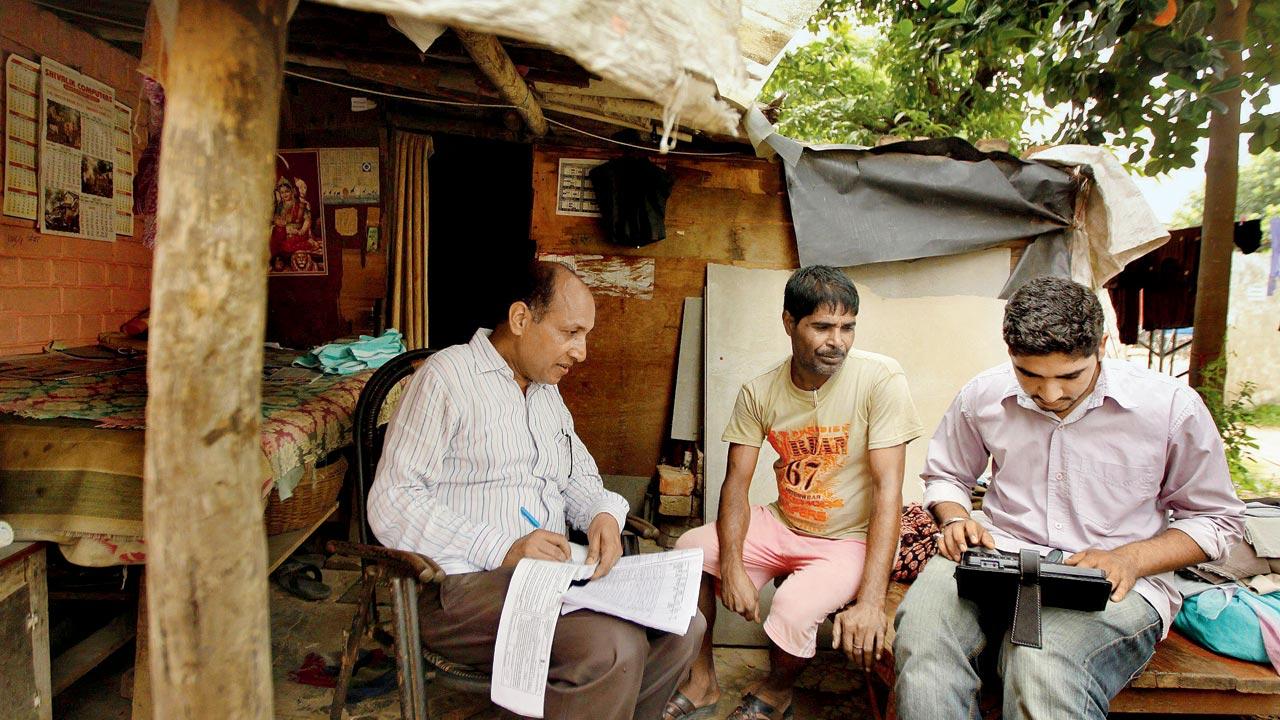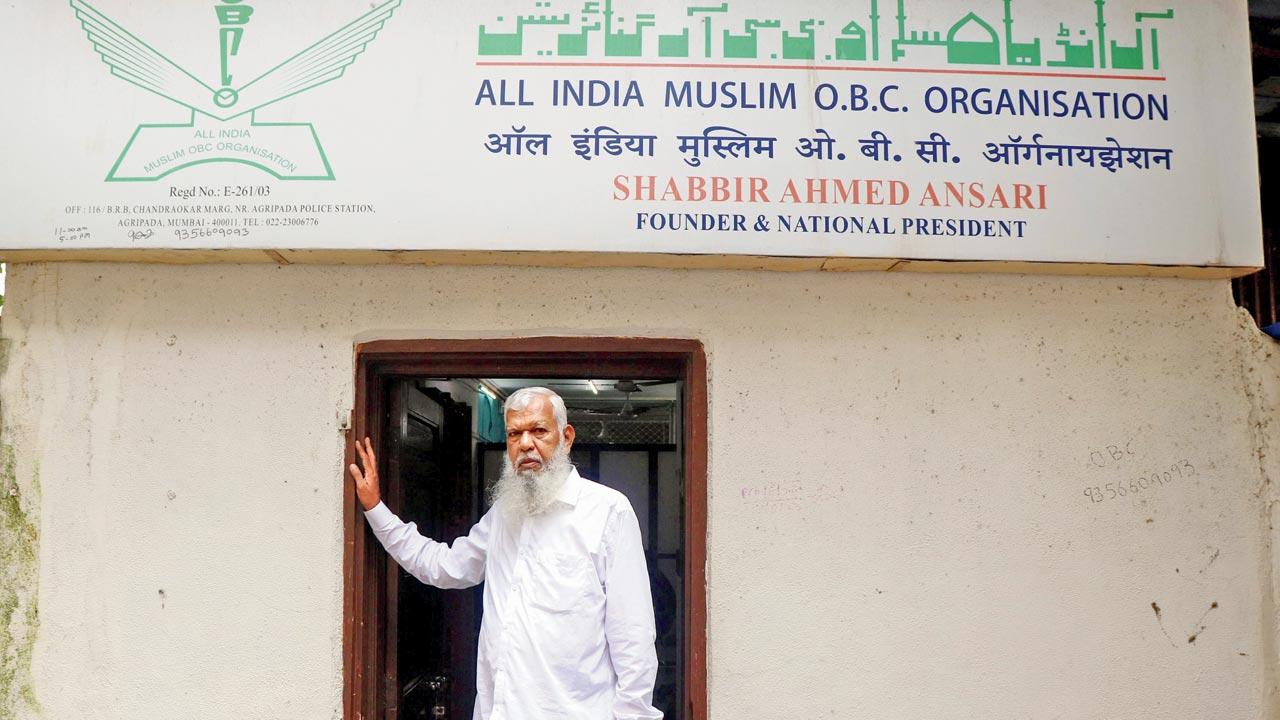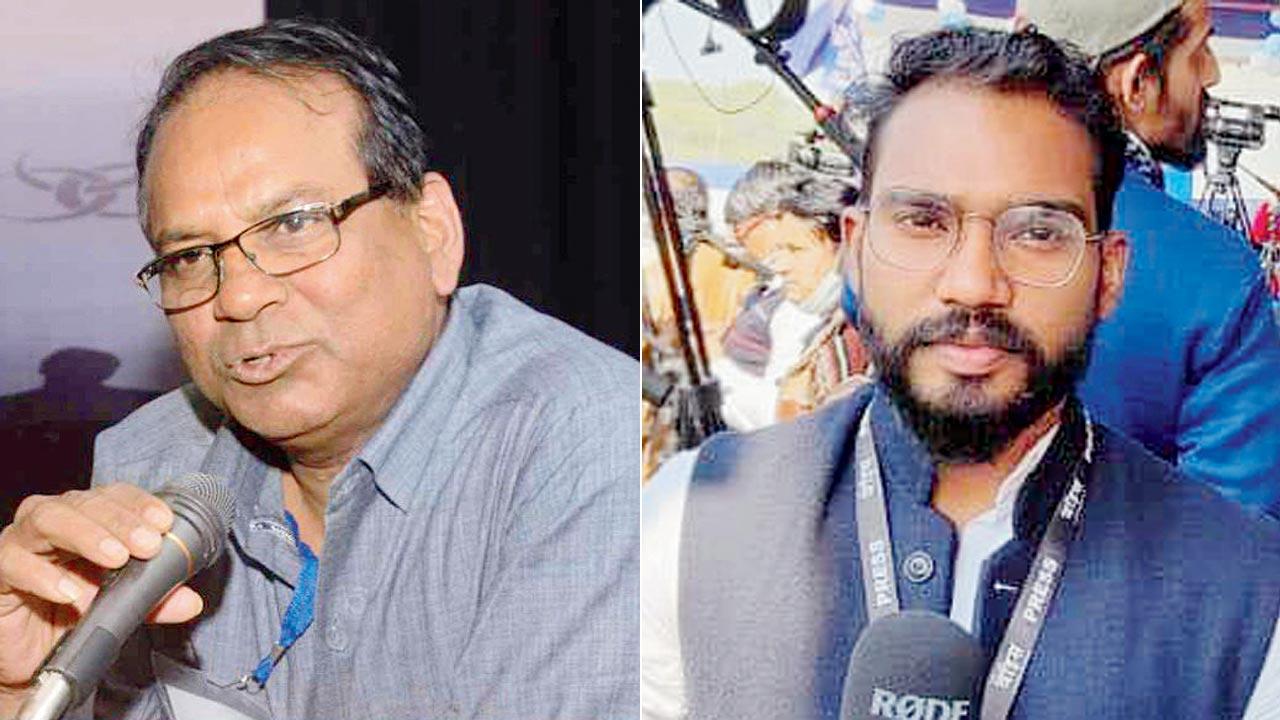Even as Bihar releases its caste survey data, members of the OBC community repeat what they’ve been saying for decades—we need a country-wide census now more than ever

Representational images. Pic/iStock
It all goes back to the dark ages,” says Professor Shravan Deore, founder-president of Maharashtra-based party OBC Rajkiya Aghadi, as he goes on to quote from the Manusmriti, “If money accumulates in a shudra’s house, it is harmful for a Brahmin.” “This line forms the basis of why independent India has never seen a caste census,” he tells us over a phone call.
ADVERTISEMENT
Last week, the Bihar government unveiled the results of its caste census. According to the survey, Other Backward Classes (OBCs) and Extremely Backward Classes (EBCs) form 63 per cent of the state’s population. While the number of OBCs stands at 27.13 per cent of Bihar’s 13.07 crore population, EBCs are at 36 per cent, with upper castes making up just 15.52 per cent.
“What has never happened in the last 75 years may soon happen in Bihar now,” says Deore, adding, “A caste census means that the government’s purse-strings will loosen for the downtrodden classes. This is exactly why there has never been a countrywide caste census. Because once the numbers are out, the government has to sit up and take notice, and ensure that those in need are given the aid that they require.”
 A washerman, hailing from the Dhobi caste, being interviewed by census officials during Bihar’s recent caste census. Pic/Getty Images
A washerman, hailing from the Dhobi caste, being interviewed by census officials during Bihar’s recent caste census. Pic/Getty Images
The last caste census in India was conducted in 1931, when India was still under the British rule. The mammoth task was spearheaded by then Census Commissioner of India JH Hutton, an anthropologist by training and a civil servant during the British rule.
A decade later, in 1941, a similar census was undertaken, but the findings were never published. Since then, every census has taken into account the population of Scheduled Castes and Scheduled Tribes in India, but never the OBCs. In 2011, a Socio Economic and Caste Census was conducted in India, but when the findings were published, all caste-related data, excluding SCs and STs, was omitted from the report.
“When the caste system was still coming into being [around 12th century AD], people gravitated towards each other, depending on the work they were doing. Potters, blacksmiths, cobblers… they all started staying together and bastis were formed. Meanwhile, the Brahmins made their way into the government and became advisors to the kings. Their status remained the same when the British took over,” says Deore. As a result, every policy that is in place, “has been formed by the upper castes, and to their advantage”. “At least the British were open to having conversations with reformers like Raja Ram Mohun Roy and Mahatma Jyotiba Phule. They abolished the sati tradition and were interested in progress. But when they left, the reins fell to the upper castes and the rest, literally, is history,” he says. Sahil Valmiki, co-founder and editor of Dalit Desk, agrees.
 Shabbir Ansari, head of the All India Muslim OBC Organisation, says that he has been championing the cause for a national caste census since 1982. Pic/Anurag Ahire
Shabbir Ansari, head of the All India Muslim OBC Organisation, says that he has been championing the cause for a national caste census since 1982. Pic/Anurag Ahire
“The resistance to a countrywide caste census stems from the apprehension that such a census would unveil the harsh reality of the disproportionate privileges held by a small fraction of upper castes. Delving into a thorough caste census would illuminate the intricate web of social hierarchies, laying bare the extent of advantages enjoyed by specific segments of society,” says the Dalit activist and scholar.
In the absence of a clear picture about the ground realities, OBCs continue to suffer, be it in education, jobs, representation or opportunities in crucial fields like politics. In its 1979 study, the Mandal Commission, which was established to identify the socially or educationally backward classes in India, reported that 52 per cent of India’s population belonged to OBC category. After much argument, the Mandal decided on 27 per cent reservation for OBCs in private and government jobs. The decision, however, sparked off protests across the country, with people threatening immolation if it were implemented.
Ultimately, a petition was filed in the Supreme Court, and the verdict imposed conditions on the reservation, including that it should not extend to promotions and that the carry forward rule should not breach the percentage ceiling.
 Shravan Deore, founder-president of OBC Rajkiya Aghadi and Sahil Valmiki
Shravan Deore, founder-president of OBC Rajkiya Aghadi and Sahil Valmiki
mid-day in its September 17 article on the Kunbi-Maratha controversy had reported how the 1931 caste census data, had met with opposition. A day in January, 1931, was notified by the Congress Committee to be observed as Census Boycott Sunday.
The Bihar caste census, too, did not go unopposed. Even as the census was being conducted, multiple petitions were filed in the Patna high court, and a stay was sought on its publication. After the first set of figures was released, the petitioners approached the Supreme Court, saying that the Bihar government had pre-empted the stay. However, on Friday, the apex court refused to stay the publishing of the census, saying that while the issue of the state government having powers to conduct such a census would be examined separately, it would not interfere with a policy decision either.
Shabbir Ansari, head of the All India Muslim OBC Organisation, remembers the time when he stood shoulder to shoulder with the late Gopinath Munde, the veteran BJP leader, to gherao the Parliament in 2010. The agitation went on for three days, during which Parliament proceedings remained suspended.
“Munde in his speech had pointed out how the country has a census for animals and trees, but not for caste. He was under tremendous pressure from his own party when he took this stand. The government ultimately announced in 2013 that a countrywide caste census would soon be undertaken, but the government changed in 2014 and that was the end of it,” says Ansari, who has been fighting for the cause since 1982, and has gone to jail several times for it.
Like him, scores of people who are strongly advocating the caste census, say that the census is not just about putting a number to the population of a community.
“There are so many things you need to know about a community,” says Deore. “What kind of jobs they have, if they have jobs at all, do they own land, what is their standard of living, whether they are under any debt, who do they owe money to… it is a comprehensive picture of the caste and the person belonging to the caste.”
Shireen Azam, doctoral researcher at University of Oxford, adds, “India has continued to record religious-wise data in every census. These made big headlines and the numbers of Muslims and Christians are discussed to build a narrative of fear and frenzy. What is the special need for counting people on the basis of religion? In fact, caste is a much more tangible category, because caste determines the community you come from, the occupation your family has done traditionally. Caste is the principle on which society in India is organised. We need to know the data to be able to counter it.”
A nation-wide census is urgent, Azam argues. “Hopefully, the Bihar census will be the beginning of a much-needed change in discourse in national politics, which is built on false chimera of shiny and tall buildings that are only great to photograph.”
 Subscribe today by clicking the link and stay updated with the latest news!" Click here!
Subscribe today by clicking the link and stay updated with the latest news!" Click here!







